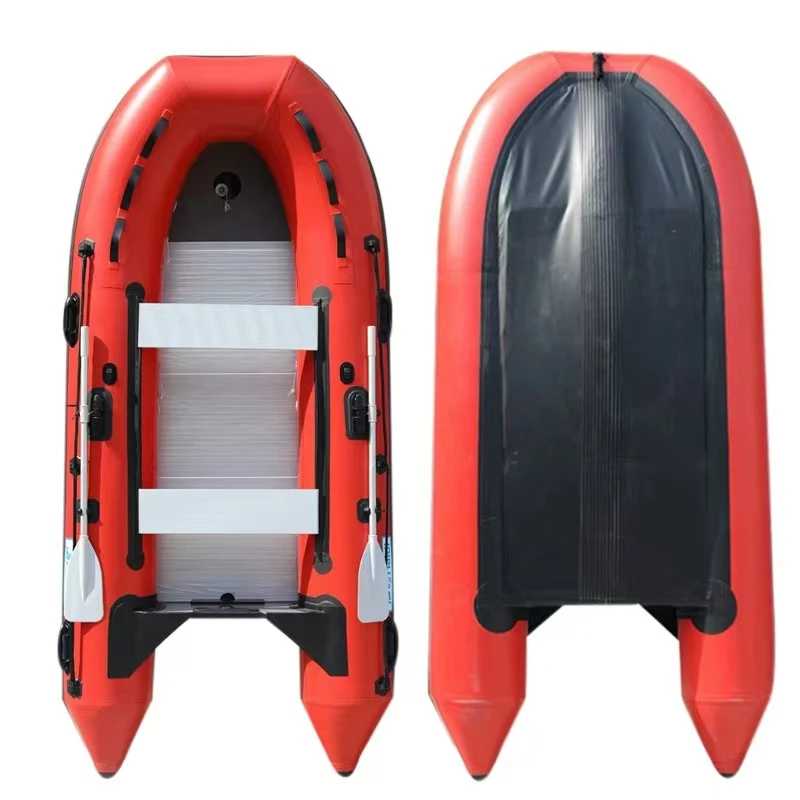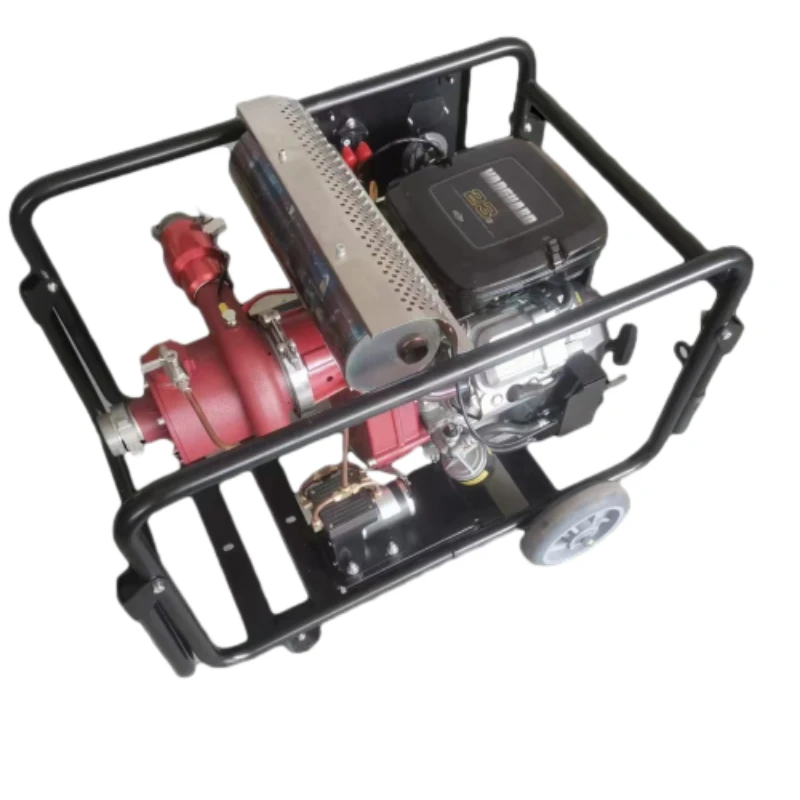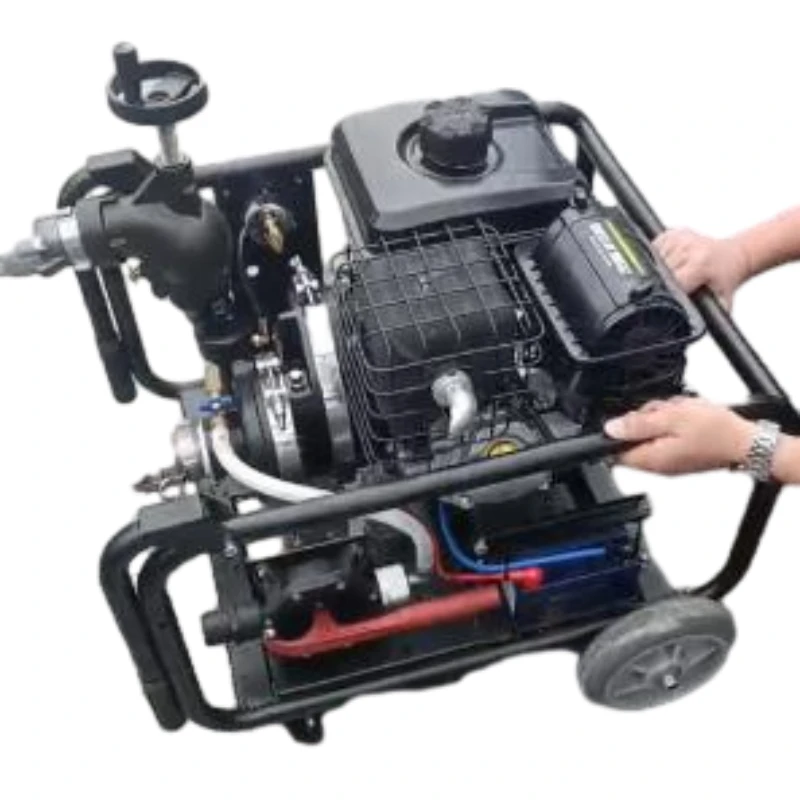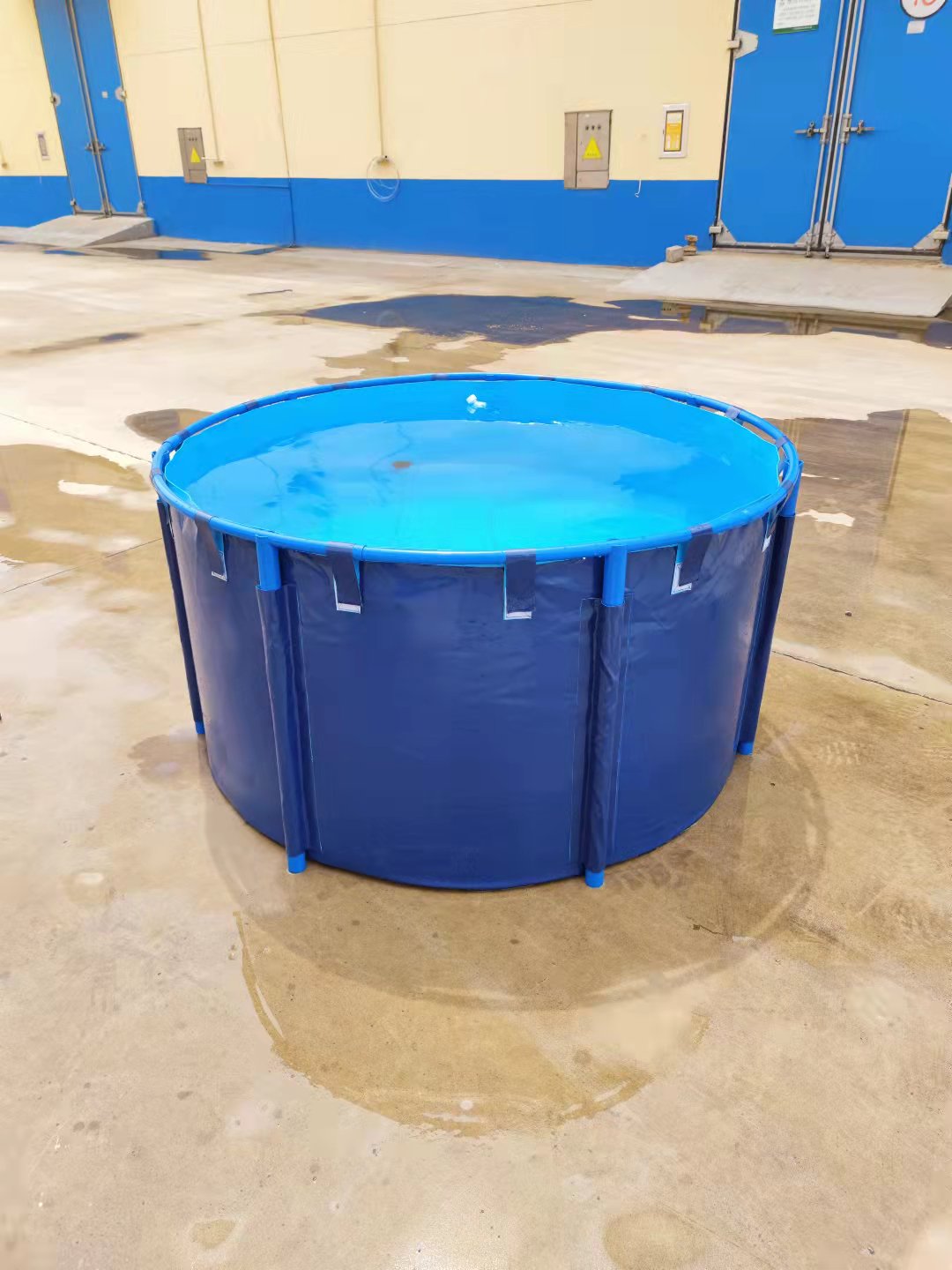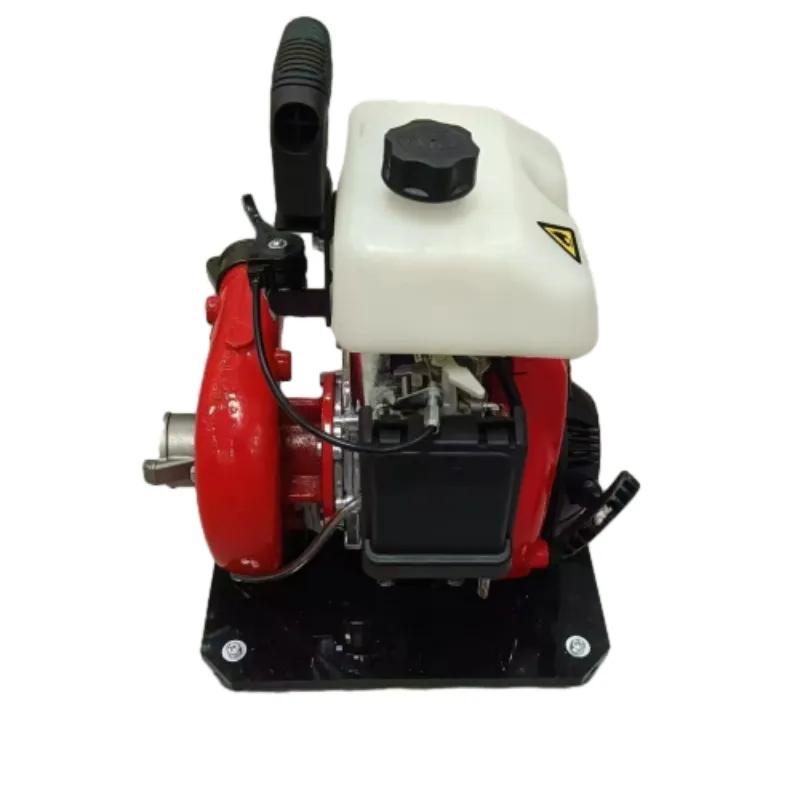

Additionally, diesel pump systems are often favored for their cost-efficiency over the lifespan of the equipment. Although the initial investment might be higher compared to electric counterparts, the durability and minimal maintenance requirements make them a financially viable option in the long run. Industry professionals frequently emphasize their lower fuel and repair costs, which contribute to significant savings in operational budgets. Operators and safety engineers should also consider the environmental advancements in diesel technology. Contemporary diesel engines are designed to be more eco-friendly, with reduced emissions that comply with environmental regulations. This commitment to sustainability is critical for organizations looking to enhance their safety protocols while minimizing environmental impact. Furthermore, case studies from leading industrial sectors showcase the successful implementation of diesel fire pump systems. For example, facilities in the oil and gas industry that deploy these systems have reported significant improvements in response times and execution prowess, ultimately safeguarding valuable assets and personnel more effectively. In conclusion, the modern diesel pump fire fighting system stands as a testament to engineering excellence and safety reliability. By leveraging advanced technology, adhering to high standards, and ensuring sustainable practices, these systems have firmly positioned themselves as essential components in comprehensive fire safety strategies. For stakeholders aiming to fortify their fire defense mechanisms, investing in diesel pump technology offers a blend of performance, reliability, and cost-effectiveness, ensuring protection where it is needed most.









